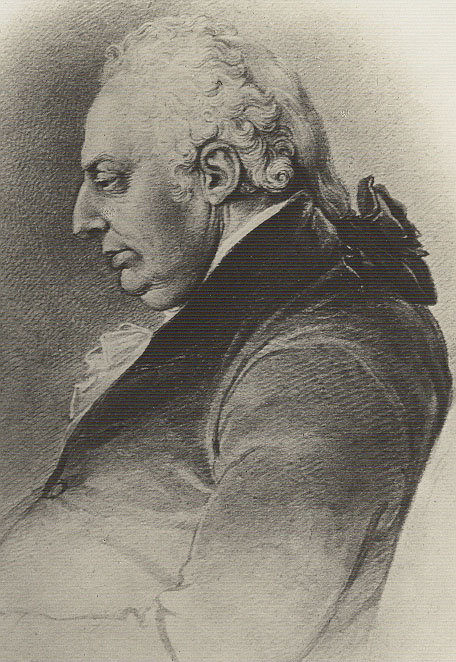Duke of Bridgewater Archive
Discover the history of the men who held the title of Duke of Bridgwater.
Francis Egerton, 3rd Duke of Bridgewater (1736-1803) was the 'Canal Duke', who enabled the construction of England’s first true canal from Worsley to Manchester and Salford with the purpose of transporting coal from his mines to market.
This curated collection features a selection of documents from the Duke of Bridgewater Archive.
A highlight of the collection is a payment book for labourers, carpenters, and gardeners (incorporating payment book for workmen at the stone quarry in Tatton Roe), dating from 1761 to 1766. It's not clear whether the individuals listed in the volume were specifically employed on the construction of the canal or on the land and assets owned by the Duke more generally. However, the handwritten volume provides a list of names of those employed and the date and amount they were paid. Therefore, the payment book provides a glimpse into the lives of working people in the greater Salford area during the middle of the 18th century. The volume starts as a general list of names and payments. From 19 December 1761 those paid specifically as ‘Gardeners’ are identified. ‘Labourers’ and ‘Carpenters’ are listed from 15 May 1762. Lists of those employed at the stone quarry are listed from page 111.
The second volume in the digital collection is a Payments Book for purchases of lands, damages and trespass for the use of the Navigation from 1760 to 1781. The volume provides an insight into the process of building the Bridgewater Canal. Whilst many of the entries are routine, giving little more than a cursory description and payment value, others provide more detail providing a snapshot of some of the events that occurred, and obstacles encountered. On 12 October 1771, for example, Samuel Taylor was paid for ‘damages to his apples, pears and beans by burning bricks at Runcorn’.
As well as administrative records, there are a set of letters from John Egerton, the 2nd Duke of Bridgewater (the 3rd Duke’s elder brother who died aged 20), written to their sister. John Egerton was in France at the time, and his letters, written in a mix of English and French, describe his experiences of living, travelling, and studying abroad.
The physical archive relates to the family history of the Egertons, the acquisition of land, and the building of the Bridgewater Canal, and underground mines at Worsley. More than 900 items are contained in the collection. These include:
- books
- journal articles
- correspondence
- plans
- maps
- accounts
- and ephemera relating to the canal.
Also included are drafts of unpublished family chronicles compiled by Strachan Holme, librarian at Bridgewater House during the 1920s.
Areas of interest
- Local and social history
- history of the 18th and 19th centuries.
Types of material
Letters and account books.
Related material
- Duke of Bridgewater Archive
- Bridgewater Estates Archive
- Bridgewater Estates Collection
Copyright information
Private Collection – reproduced with permission of the owner.

